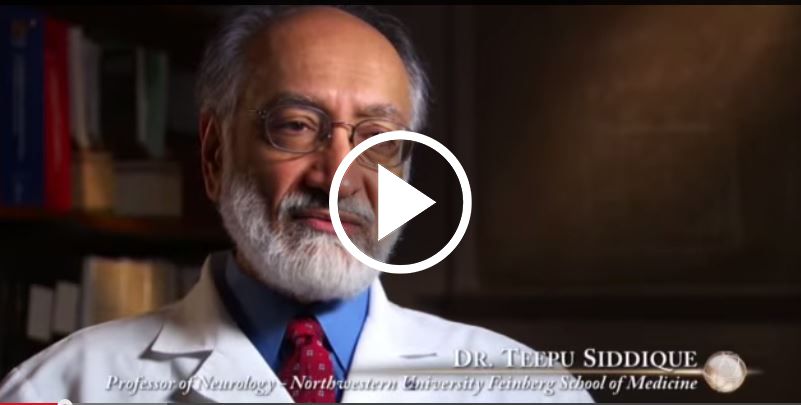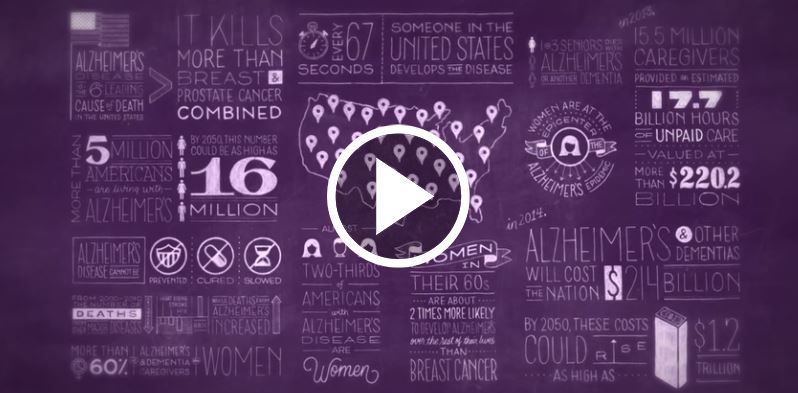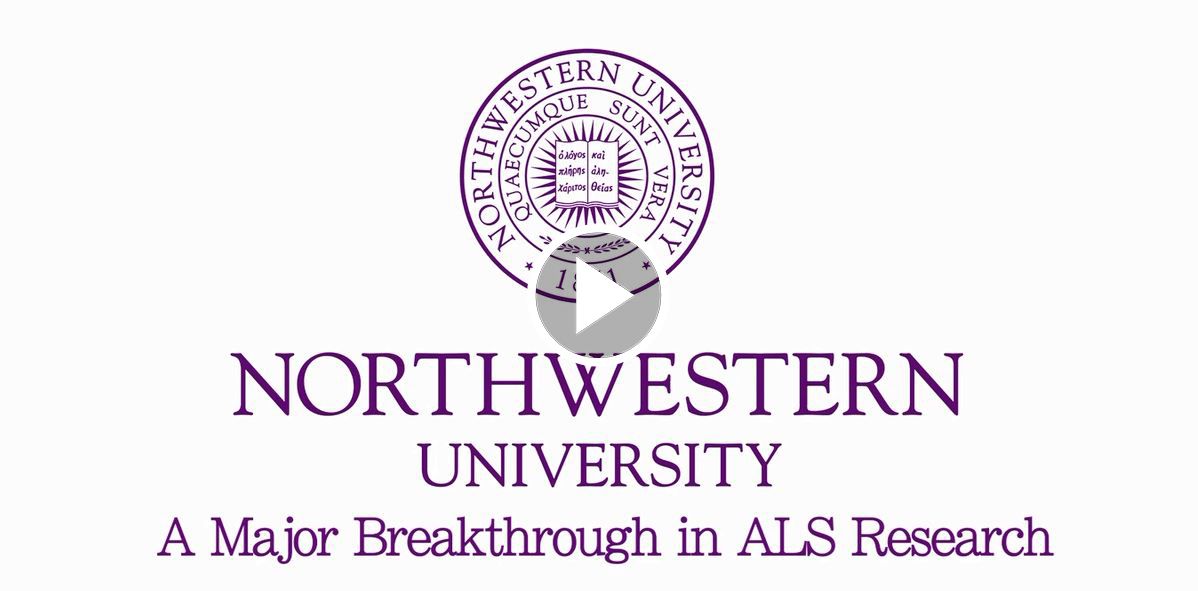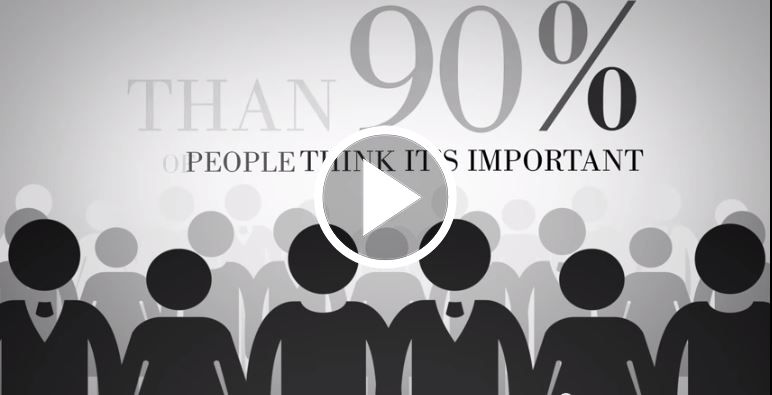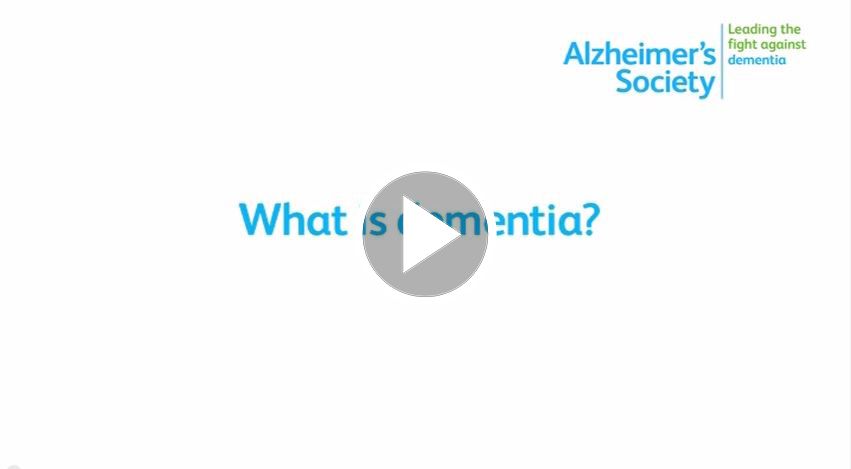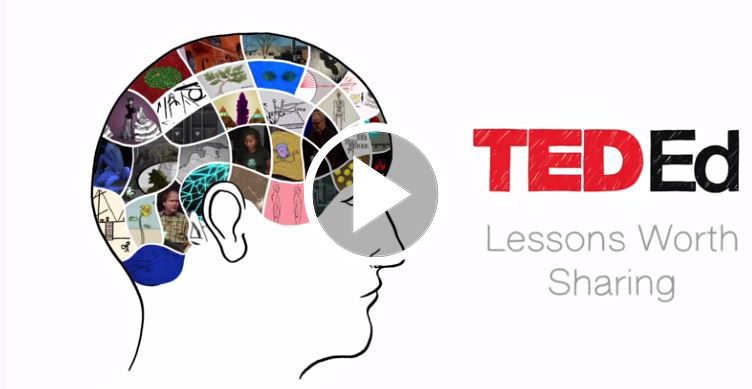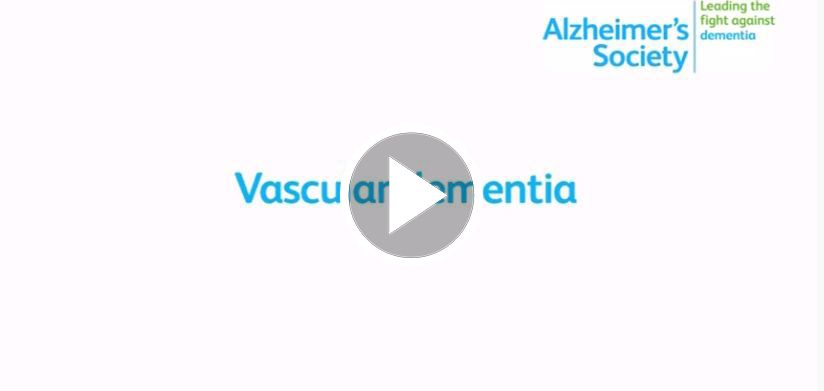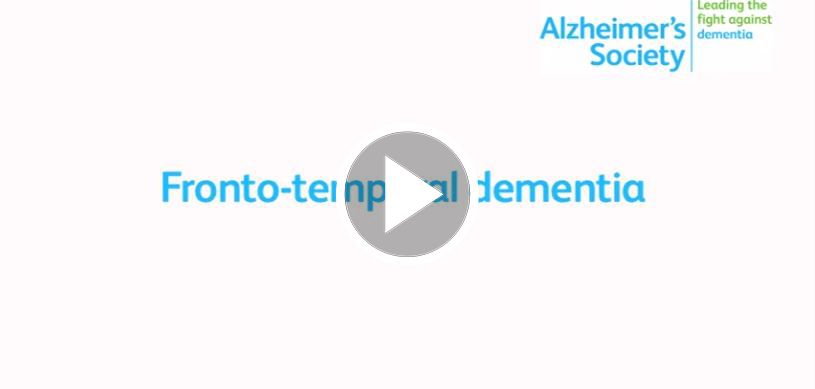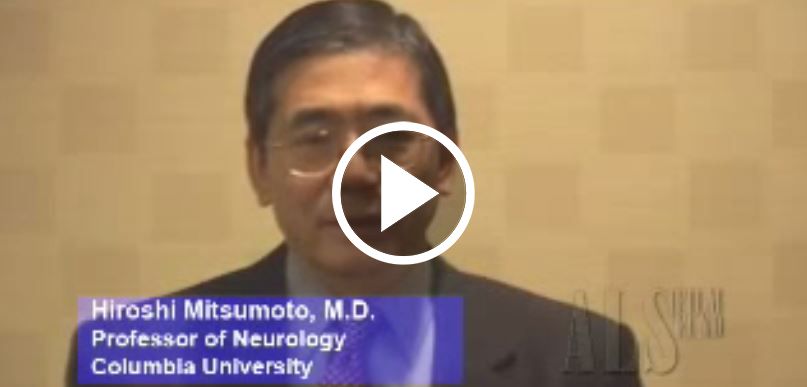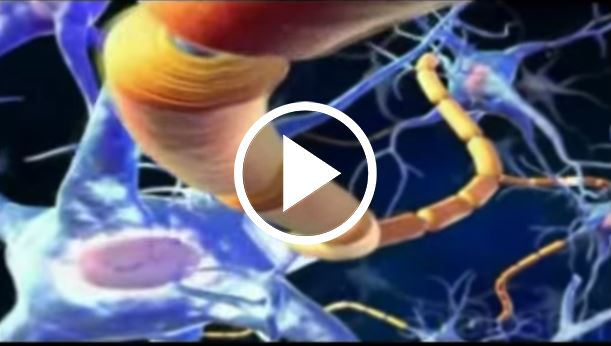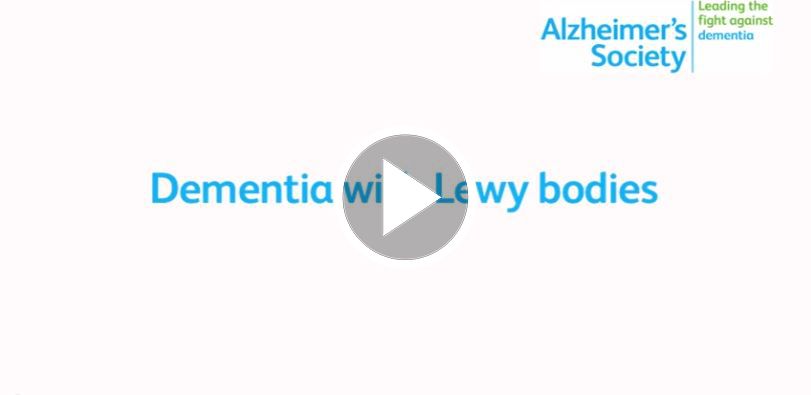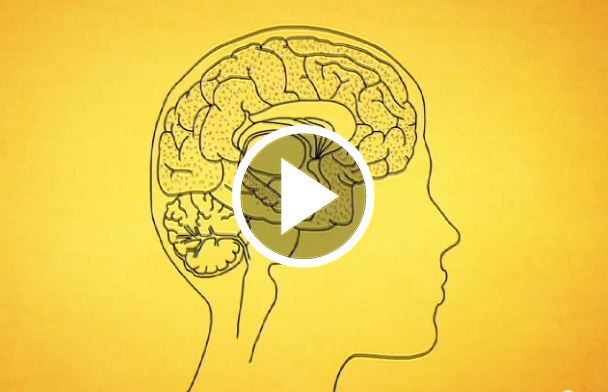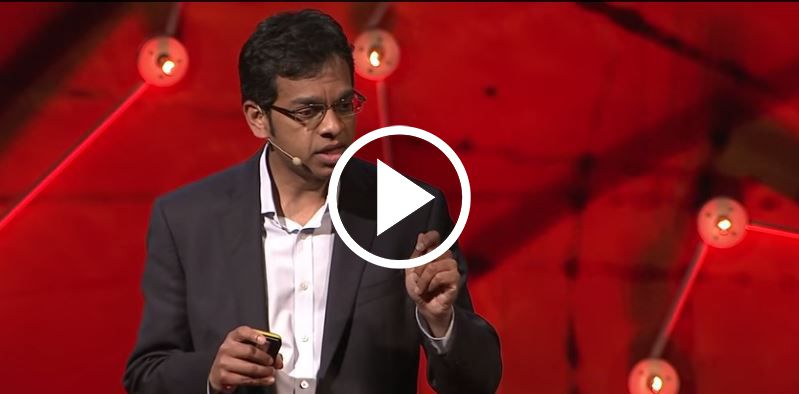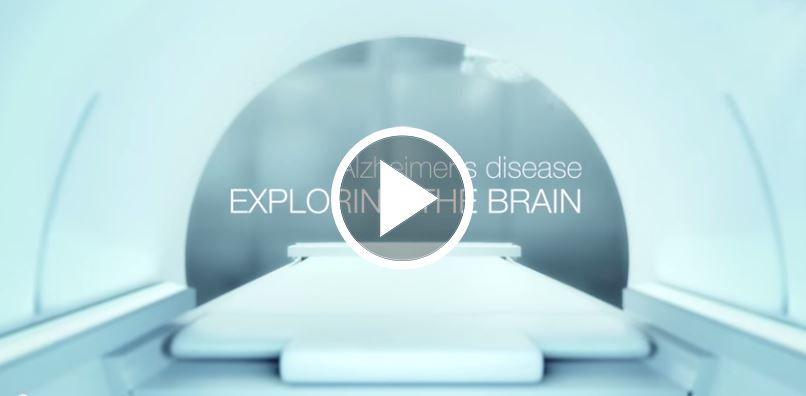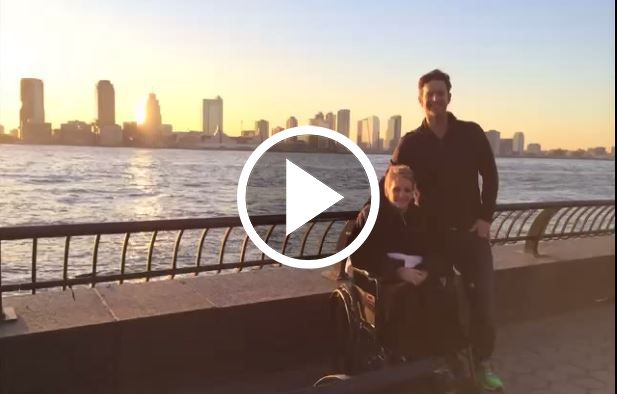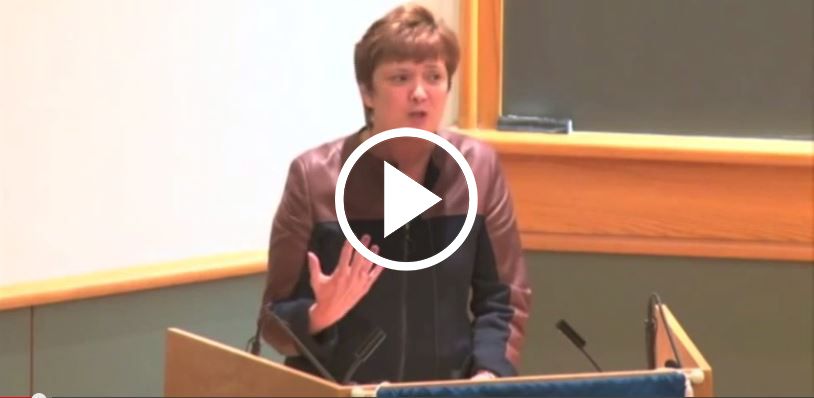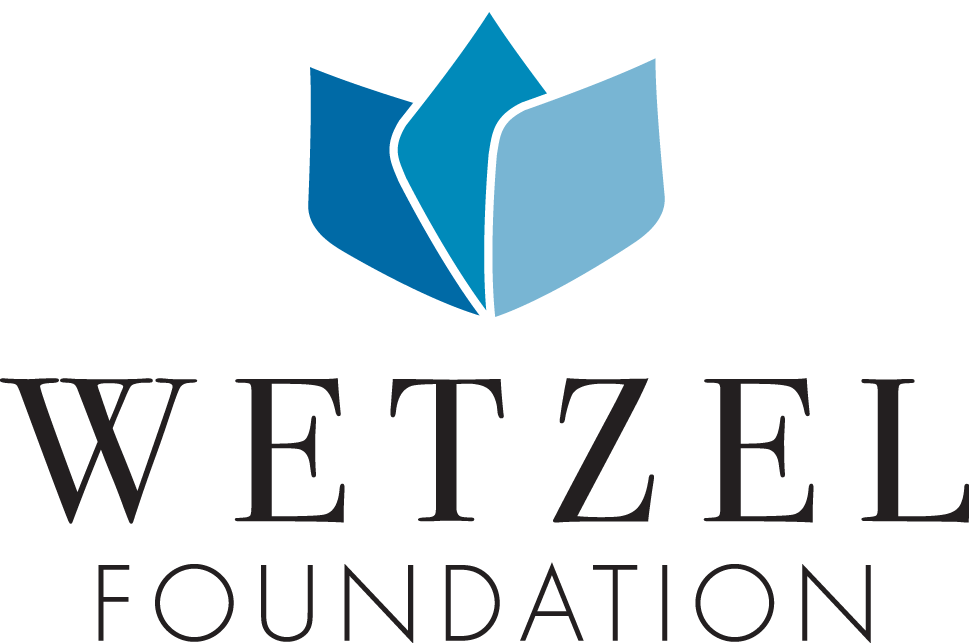Seth Rogen C-Span
Actor Seth Rogen gives his opening statement before a Senate hearing on Alzheimer’s Research.
Impact the World – Northwestern: ALS – Dr. Siddique Video
For the last 30 years, Northwestern’s Dr. Teepu Siddique has dedicated himself to researching the disease and working with patients with Amyotrophic Lateral Sclerosis (ALS), commonly known as Lou Gehrig’s disease
Alzheimer’s Association Alzheimer’s Disease Facts and Figures 2014 and 2015
Every 67 seconds someone in the United States develops Alzheimer’s disease. More than 5 million Americans are living with the disease. Learn the facts. Help wipe out Alzheimer’s disease
DR. SIDDIQUE’S MOST RECENT RESEARCH BREAKTHROUGH
The underlying disease process of amyotrophic lateral sclerosis (ALS and Lou Gehrig’s disease), a fatal neurodegenerative disease that paralyzes its victims, has long eluded scientists and prevented development of effective therapies. Scientists weren’t even sure all its forms actually converged into a common disease process.
The Wetzel Foundation New Normal Movement
1968 Olympic Photo Album: Eadie Wetzel
Photo album show by swimmer Eadie Wetzel’s teammates.
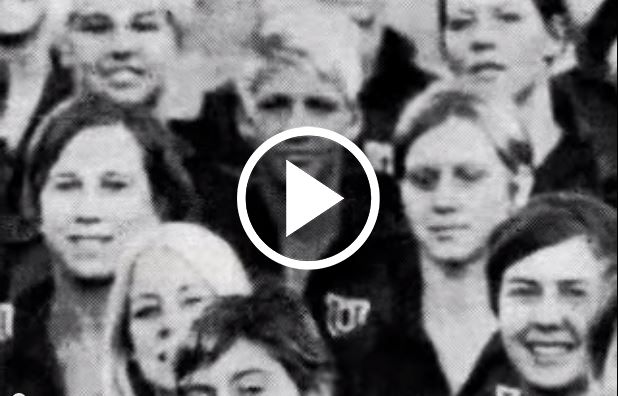
Introduction to The Wetzel Foundation
What is the Difference between Dementia and Alzheimer’s?
This Alzheimer’s Society film explains and defines what dementia is, and how it affects the brain.
TED – What is Alzheimers
Alzheimer’s disease is the most common cause of dementia, affecting over 40 million people worldwide. And though it was discovered over a century ago, scientists are still grappling for a cure. Ivan Seah Yu Jun describes how Alzheimer’s affects the brain, shedding light on the different stages of this complicated, destructive disease.
What is Vascular Dementia? Alzheimer’s Society Dementia Brain Video
This Alzheimer’s Society film looks at vascular dementia, the second most common form of dementia, and the connection between a healthy blood supply and dementia.
What is Fronto Temporal Dementia? Alzheimer’s Society Dementia Brain Video
This Alzheimer’s Society film looks at fronto-temporal dementia – a term that describes a range of conditions that affect the frontal and temporal lobes of the brain. This is a fairly rare form of dementia, which often affects younger people.
Mitsumoto on Denial
Dr. Hiroshi Mitsumoto discusses the problem of denial among ALS patients and their family
What is A.L.S. or Lou Gehrig’s Disease ?
A.L.S. stands for Amyotrophic Lateral Sclerosis or sometimes called Lou Gehrig’s disease. It is a neurorological disorder that attacks the motor neurons that enable communication between the brain and control of a person’s voluntary muscles. No one knows the cause of ALS. There are many researchers with different theories. There is no cure. In 50% of people the average life span is 3-5 years after diagnosis. Only 8% live over 10 years and there is even a question on quality of life for many are on permanent ventilation. No two cases are alike. Progression can be rapid, and then it can level off, and then start again.I will use an example with something almost common to everyone these days, a cell phone. When you have a good connection, you can speak and hear the other person clear from coast to coast. You can do this because of the network of towers across the nation. With A.L.S., the motor neurons are the towers. They stop receiving signals and they control the muscles. The body still finds way to get through to muscles but it is delayed. It is like calling from Florida to California, but by way of New York, Chicago, Denver then Los Angeles. People cannot live without water and muscles cannot not live without communication. Once the motor neuron that controls a muscle group stops receiving messages, the muscles in that area die. It is like you experience bad spots with your phone.
What is Dementia with Lewy Bodies? Alzheimer’s Society Dementia Brain Video
This Alzheimer’s Society film looks at dementia with lewy bodies. Dementia with lewy bodies affects about 4% of people with dementia. Lewy bodies are tiny spherical deposits of protein that develop inside nerve cells.
What is Alzheimer’s disease?
TED – ALS Video on Potential for Brain to heal itself.
After a traumatic brain injury, it sometimes happens that the brain can repair itself, building new brain cells to replace damaged ones. But the repair doesn’t happen quickly enough to allow recovery from degenerative conditions like motor neuron disease (also known as Lou Gehrig’s disease or ALS). Siddharthan Chandran walks through some new techniques using special stem cells that could allow the damaged brain to rebuild faster.
Mechanisms and secrets of Alzheimer’s disease: exploring the brain
A scientific film with a 3D modeling made on the inner mechanisms of the brain implicated in the development of Alzheimer’s disease.
Eadie Wetzel Davis Ice Bucket Challenge
IS DEATH UN-AMERICAN?
We live in a society in which technological advancements have preceded thoughtful reflection regarding the ethical, legal and social implications of the use of that technology with respect to when and how patients should be allowed to die. How should we as a society allocate scarce medical resources? Can individualism be excessive in matters of life and death? How can we balance the values of pluralism and tolerance on the one hand against principles of fairness to all on the other? Should our society continue to view death as a failure and, thus, distinctly un-American?
Drawing on experience as an ethics committee member for community hospitals, teaching hospitals at major universities, bio-banks, and state health departments, Pasquerella discusses the significant rise in instances of “moral distress” among physicians relating to end-of-life issues, details some challenges for contemporary bioethics with respect to decisions around death and dying in the U.S. and discusses how physicians and bioethicists can work together to address our common objectives related to providing the best care possible at the end of life.




